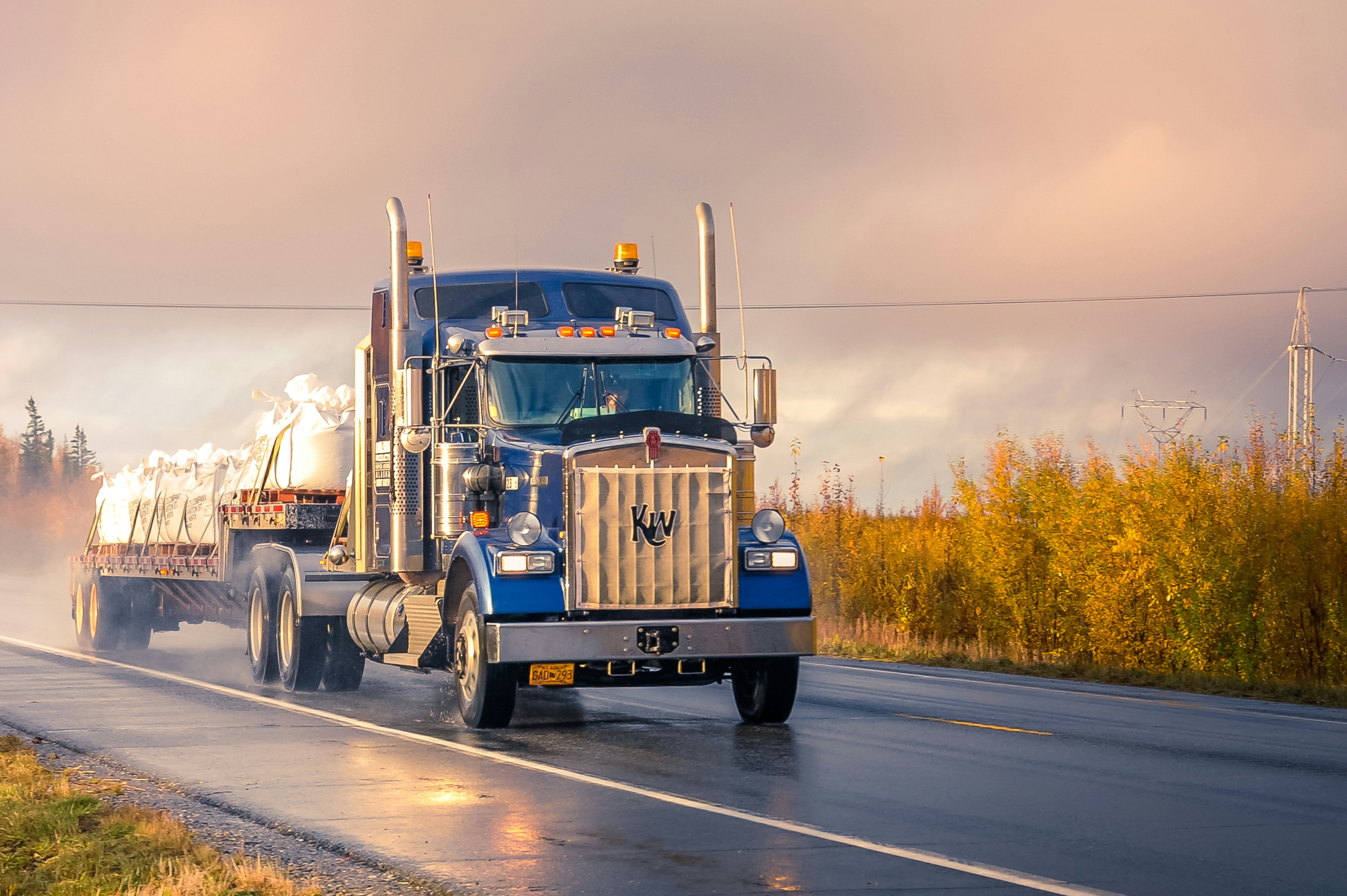The supply chain disruption began during the pandemic. Manufacturers scaled back production while other companies were forced to close their shops due to an outbreak of Covid-19 delaying production on goods until they could safely open back up.
Manufacturers are struggling to acclimate to this new normal where demand is high and supply is low. Steve Ricchiuto, chief U.S. economist at Mizuho Securities explained to ABC News. “The result of that imbalance between supply and demand eliminated all the inventory and eliminated all the grease that allows the wheels of commerce to work smoothly.”
Other factors contributing to the supply chain strain is the shortage of workers. According to the Labor Department, in July the warehouse industry had an unprecedented 490,000 job openings. The American Trucking Association saw 60,000 truck driver positions go unfilled in 2019 – estimating that the number could hit up to 160,000 by 2028.
President Biden has promised that his administration will do everything they could to alleviate the disruption on small businesses, manufacturers, and retail stores. “If federal support is needed, I will direct all appropriate action, and if the private sector doesn’t step up, we’re going to call them out and ask them to act,” he declared. Buttigieg was quick to note that the federal government was limited as to what they can do. “This is a capitalist country… Our role is to try to make sure we're supporting those businesses and those workers who do,” he explained on NBC’s “Meet the Press”
The Biden administration recently directed the Port of Los Angeles and Port of Long Beach to run 24/7 to alleviate the bottleneck the supply chain disruption has caused.
Many retailors fear that come holiday season their shelves will be bare. “There are only two rooms in my entire home that do not have floor to ceiling toys stacked in them, and that’s just what we had to do this year to make sure we have product… just put it everywhere,” said Candance Williams, owner of The Toy Maven’s Preston Hollow location in Dallas, Texas. If small businesses don’t have the items in stock – they risk having their clientele shop elsewhere – whether that’s taking their business to Walmart or Target or shopping online.
Like retailers, consumers are feeling the constraints of the supply chain disruption – with many opting to start shopping now. Many economists and supply chain experts agree. “Most likely, there will be some shortages on specific products over the holiday season,” Seckin Ozkul, from the University of South Florida’s Supply Chain Innovation Lab told Vox. “So, if consumers know what they want to buy for their loved ones for the holiday season, now is a good time to act on it.”






